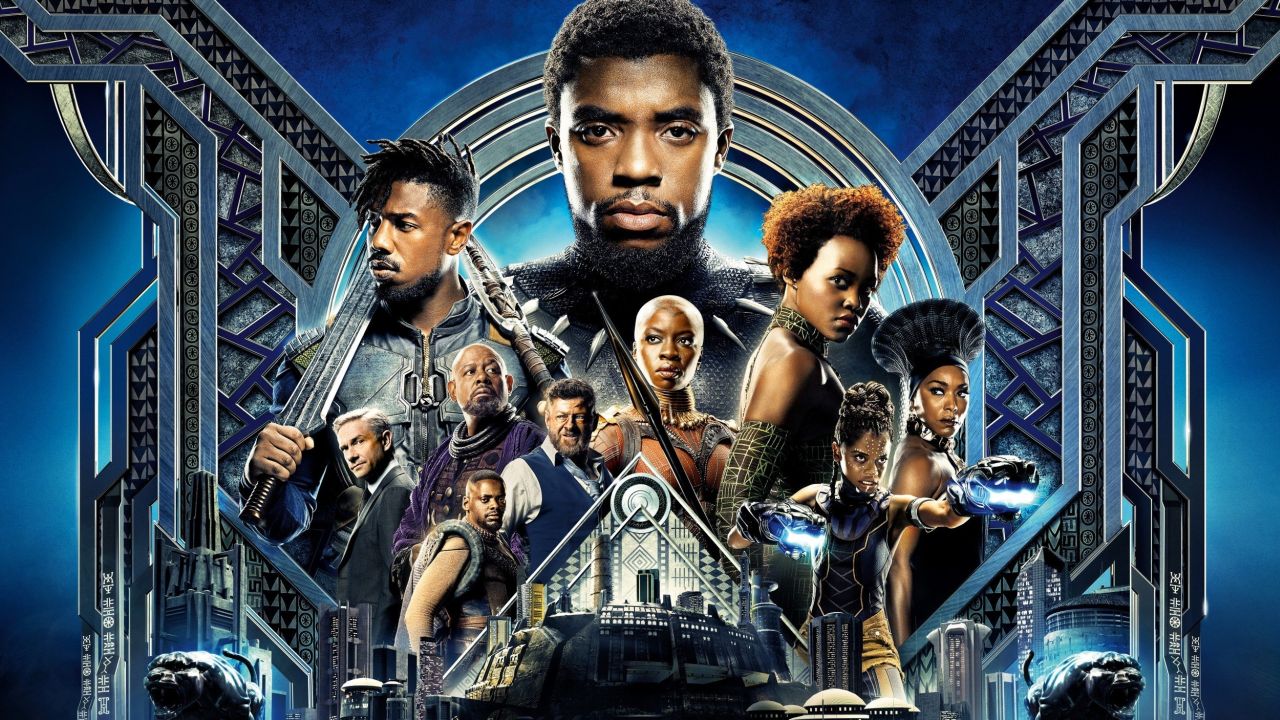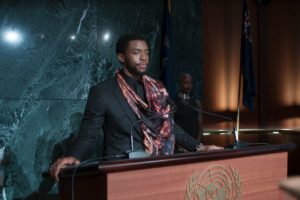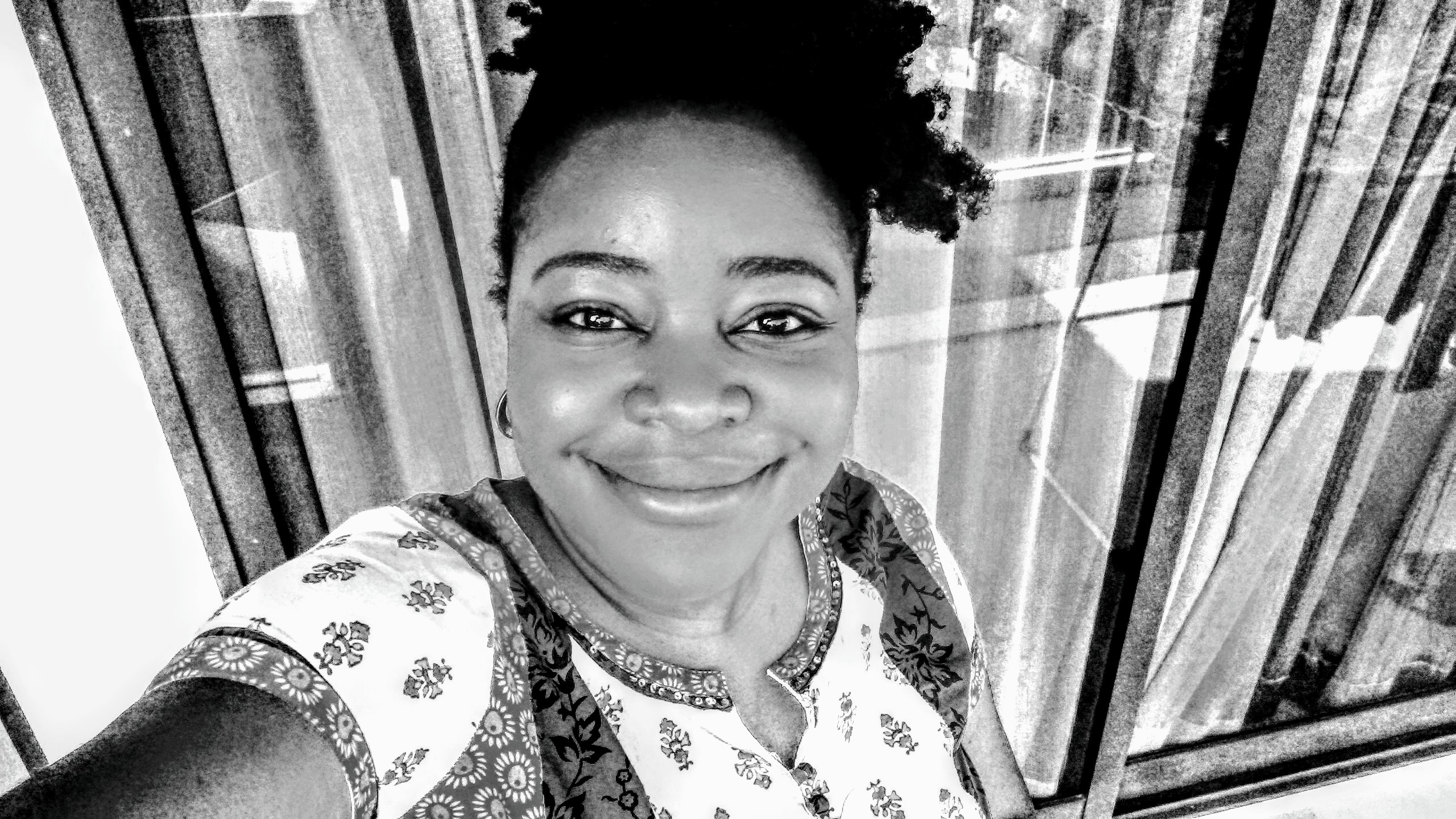Black Panther: Lessons in Dignity from a Real Life Wakandan
Posted 03/20/2018 in Missiology Conversations

I won’t lie, five minutes into Black Panther and I felt like texting all my white friends and asking if the pride and joy I was feeling was something that they experienced every time an awesome superhero movie came out. Ten minutes into it and I knew that this was the answer I had been looking for—the one that addressed the unspoken question nestled in the now too common observation by Westerners that “Malawians are just so unbelievably happy.” By the time my Malaysian friend and I were walking out of the Singaporean cinema, she wanted to be Wakandan and I was ecstatic. At last, a movie that made me feel like I didn’t have to explain the condition of the African continent. One that spoke to the important and dynamic roles that women play in everyday life in my society. There it was, an image of me that didn’t involve a fly, pity, or a profound lesson to the other about the possibility of life outside of material surplus.
“This is the most dignifying movie about Africa to come out of Hollywood since…” (This, to my recollection, was the end of the sentence.)
— Malawian in diaspora
“I loved how Wakandans seem to have a quiet strength about them. There is a willingness to calmly stand their ground that reminds me of so many Africans I’ve had the pleasure of knowing.”
— Non-African with extensive African travel experience
With all this rejoicing over the many positives showcased in the movie, it didn’t hit me until much later, when a dear friend said to me, “Black excellence should always be celebrated,” that I heard it again. That unspoken incredulity at the appearance of fullness and vibrancy of life in the absence of more. In the first statement—“It never ceases to amaze me how happy Malawians are in the face of so much scarcity”—a materialist, financial more. In the second comment about Black success, an overall more: more wealth, more achievement, more knowledge, a general, predefined more. Almost as though we, as human beings, have a dissonant relationship with the idea of human value and depth outside of material definitions. As though we don’t know what to do with people who don’t conform to the rules of our definitions of abundant life.

In the movie, it is this dissonance that you hear when the overtly confused United Nations General Assembly representative asks T’chala in the first post credits scene, “What does a nation of farmers possibly have to offer the world?” This disorientation is the enemy of dignity that blinds us to the fact that some of humanity’s greatest lessons have come from a carpenter, fishermen, cloth dyers, and tent makers. It is this predilection to interpret the other through the lenses of our own paradigms that must be healed in us who participate in the good work of the peaceable realm of God. For this real-life Wakandan, being portrayed to the Western eye as excellent, fashion-forward, and technologically and intellectually advanced might be awesome—but what would be even more so would be more missionaries and interculturalists who embody a gospel of honor and dignity, whatever my material condition. My prayer for us, the church of Jesus Christ, is that we would be the Black Panther sequel that responds to the UN representative inside each and every one of us: “far more than you could ever imagine.”
Photo courtesy Marvel Studios/Walt Disney Studios

Mwerapusa Mawindo is a medical doctor from Malawi. She holds an MA in Intercultural Studies from Fuller’s School of Intercultural Studies and is the founder of Imagine Africa: the Bantu Chapter, a hybrid, social impact organization that pursues holistic well-being and homegrown, shalom-centered development.

